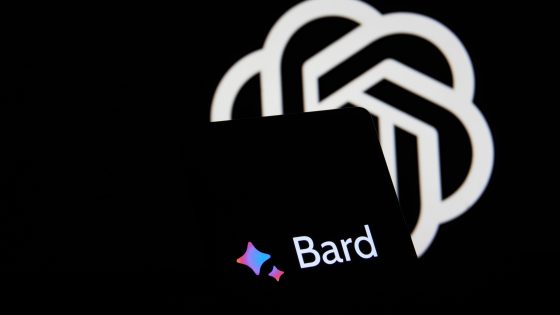Less than half of the people have at least basic digital skills

A little less than half have at least basic digital skills
One of the goals of the European Digital Decade and of Slovenia is that by 2030 at least 80 % persons aged 16-74 (hereinafter: residents) will have at least basic digital skills. This year there were 47 such %s in Slovenia. With 73 %, the share was highest among 16-24-year-olds and with 17 %, the lowest among 65-74-year-olds.
Mastering digital skills or the development of each group of these is monitored by the individual through the implementation of individual activities on the Internet or when using information and communication technologies (ICT). Compared to 2021 (the period of the covid-19 epidemic), some shares of the implemented activities decreased this year, and this directly affected the mastery of digital skills, e.g. shopping online, searching for health information on the Internet, and using instant messaging.
Very well developed digital skills at fifth
Residents had the following levels of digital skills:
- 19 % of them had very well developed digital skills,
- 28 % basic,
- 21 % defective,
- 13 % modest and
- 6 % very modest.
There were 13 % residents without digital skills, the proportion was highest in the 65-74 age group (43 %). There were no major differences between the sexes in the development of digital skills.
Four out of ten retirees lack digital skills
Among pupils, high school students and students, 36 % had very well developed digital skills, 39 % basic, 18 % deficient, 5 % modest and 2 % very modest digital skills.
Almost a fifth (24 %) of employed and self-employed people had very well developed digital skills, 32 % basic, 24 % deficient, 12 % modest and 5 % very modest. Without these skills, 4 were %.
Among retirees, only 3 % had very well developed digital skills, 16 % had basic, 14 % deficient, 17 % modest and 12 % very modest. The proportion of people without digital skills in this age group was 38 %.
It consists of digital skills 5 groups, presented below.
Digital skills for communication and collaboration rank first in terms of development: 87 %
Digital skills for communication and collaboration were possessed by 87 % residents: in 77 % these were very well developed, and in 11 % they were at a basic level. 13 % residents have not yet mastered the mentioned skills.
Of the individual activities in this group, most were sending or receiving e-mails (81 %).
Digital skills for information and data literacy: 86 %
86 % residents had information and data literacy skills, 75 % mastered these skills very well, and 10 % only basic skills. 14 % were without such skills.
In this group, most of them searched for information about products or services via the Internet (77 %).
Digital Problem Solving Skills: 80 %
Eight out of ten residents had digital problem-solving skills: 52 % very well developed, and 28 % basic. A fifth of them lacked these skills.
The most common activity in this skill group is online shopping in the last 12 months before the survey (66 %).
Digital skills for creating digital content: 62 %
62 % residents had the skills to create digital content; 41 % very well developed and 21 % basic. There were 38 % residents without the mentioned skills.
Most residents in this group copied or moved documents, images, video or other files between folders, devices or to the cloud (51 %).
In last place, digital skills for safe use of ICT and data protection: 56 %
More than half of the population had digital skills for the safe use of ICT and data protection (56 %); 29 % very well developed and 27 % basic. There were 44 % residents without such skills.
In this group, the largest share of residents (34 %) refused to use their personal data for advertising purposes on the Internet.






























